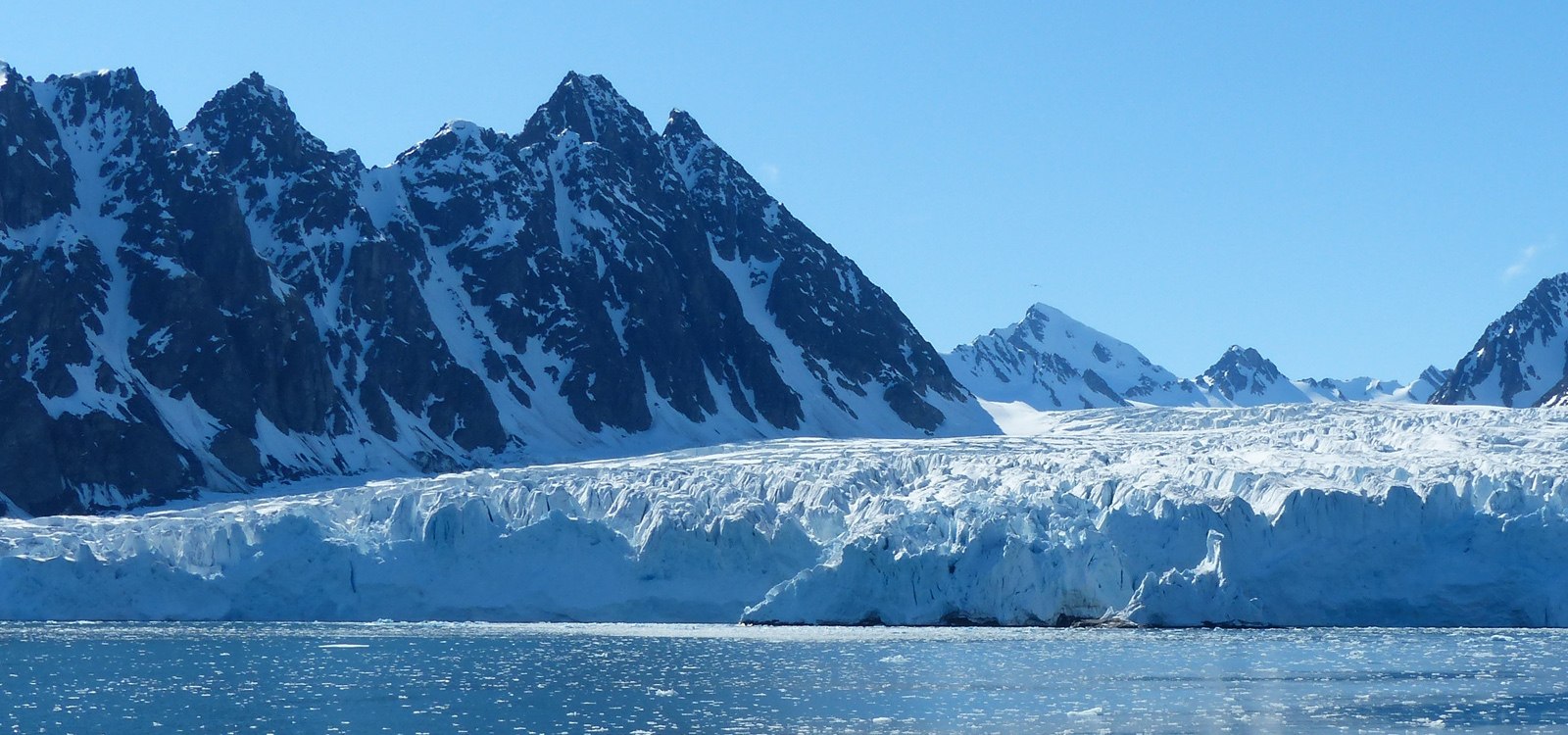Module Overview
This module will consider human-caused environmental change that affects a substantial part of the globe and biological systems. Biological responses to these human induced changes will be considered in terms of how organisms, species, and communities may acclimatise, adapt, or change. Specifically, we will consider how organisms can respond genetically and phenotypically, and how and why communities may change in their species and functional composition. After consolidating understanding of the causes of, and biological responses to, global change, we will consider what these impacts mean for ecosystem structure and function, the development of novel ecosystems, and approaches for conservation and ecosystem management under global change. This module will cover a range of differing causes of global change e.g. biological invasions or urbanisation, but content will be flexible to remain relevant to current and emerging challenges.
Module Overview
In this module, students undertake an independent programme of research under supervision from a member of staff. It provides students with an opportunity to demonstrate original and critical thought, as well as to build discipline-specific research and project-management skills.
A wide range of subject expertise exists within the School, and students are expected to work on a project that is relevant to their programme of study. Under the guidance of a supervisor, students will review the literature, identify a research question/aim and objectives, and design a programme of research respectively. Students will be expected to manage the project and work in a safe and ethical manner, which will include undergoing training in and engaging with obtaining relevant ethical approval and risk assessment. Students will collect and analyse data, record their activities and research methodology and results in a “lab book”/ equivalent robust means of recording.
We currently offer projects in the laboratory (wet or animal) or field, projects that involve data analysis, literature research, educational research, science communication research and market research. Students may work individually or in groups addressing similar questions, but must write up individually. The findings of the research will be written up and presented orally. The conduct and performance of the student as a research apprentice will be assessed.
Module Overview
In this module students can gain an understanding of, and an appreciation for, the interactions between plants and animals that have been the driving force for the evolution of the world as we know it. Interactions between the flowering plants and vertebrate and invertebrate animals have led to the huge diversity of flowering plants that maintain the essential life support systems of the planet and are the basis of all current agricultural systems. Despite the huge economic costs of agricultural pests that damage plants, the evolutionary arms race between plants and their herbivores has driven the evolution of many of the important plant secondary compounds we use today as stimulants (e.g. caffeine) or drugs (e.g. salicylic acid = aspirin). Other economically, evolutionarily, or ecologically important plant-animal interactions include pollination and seed dispersal. Students can examine the economic, evolutionary, and ecological consequences of plant-animal interactions at scales from ecosystems to molecules. They will have the opportunity to develop their own perspective on this important topic, and will be asked to review and interpret and evaluate the evidence available in the primary literature.
Module Overview
Conservation of plants and animals usually involves interactions between multiple stakeholders including scientists, landowners, communities, government, and NGOs. A range of practical and transferable skills are therefore beneficial for employment in both conservation research and conservation practice. This module will refine certain such skills that students have acquired through their degree, and help them understand how to apply them in a conservation biology setting. Its focus is to provide opportunities for real world and experiential learning, and to progress relevant employability skills.
Module Overview
This module provides a critical insight into the study of the biological diversity of soils, including their ecological and functional roles, to understand about best management and conservation practices. Students can learn about key issues affecting important soil processes and the methods for measuring and managing soil biodiversity.
Module Overview
Behavioural ecology examines the way in which behavioural repertoires contribute to survival and ultimately reproductive success. The module will focus on key topics including: Optimality Theory, Sexual Selection, Communication and Sensory Ecology, Altruism and Cooperation, Arms Races, Fighting and Assessment, Navigation and Migration, and Human Behaviour.
Module Overview
This module will focus on the processes governing coastal systems, including river mouth systems, coastal wetlands and open coasts, the ecosystem services that they deliver, and the expected changes that coastal systems are likely experience under the influence of climate change and increasing anthropogenic influences. The theoretical background knowledge on coastal systems, their exposure to global change, as well as mitigation and adaptation strategies will be complemented by hands-on practical sessions, including the use of state-of-the-art computer models and seminar discussions on contemporary debates around coastal processes and management. A particular emphasis of this module will be on developing an in-depth understanding of how coastal systems may help coastal communities to adapt to climate change, an approach that is widely referred to as ecosystem-based management.
Module Overview
This module examines a range of interdisciplinary environmental management techniques that are used to address critical environmental, human and planetary health issues. Students will gain an understanding of the most appropriate techniques and solutions using a range of global, regional and local environmental case studies. There is a strong emphasis on practice-based skills with guest lectures from practitioners in the field, practical and seminar classes. An innovative assessment will give students the opportunity to be involved in actively influencing sustainable behaviour in the younger generation and giving them a chance to become the ‘teacher’. This approach is especially useful in the third year as it exposes students to a wide range of career options in environmental science management and policy/regulation.
Module Overview
This module provides students with the opportunity to investigate biological phenomena in the field at an overseas location. Students work in groups, guided by staff, to develop and test hypotheses allowing them to understand more about biological processes operating within the study area. They are encouraged to view the ecosystem within the wider context of the anthropogenic impacts being imposed on it. This module is optional and courses run subject to sufficient student demand.
Module Overview
At the interface between Earth and Life Sciences, Palaeobiology is the study of all aspects of the biology of extinct biota and their relations to the physical environments in which they lived. The discipline documents and explains patterns and processes governing past Life, and is key to our understanding of evolution in deep time and up to the present. Fossils are the currency of Palaeobiology. Their unique and fundamental contribution is their ability to provide measurable models of anatomical, functional, and ecological change over millions of years of evolution.
Natural selection theory predicts that organism diversity results from species interacting with each other and with their environments. Consequently, fossils are the natural “time capsules” preserving the historical record of faunal and floral successions on our planet. This record unravels the pathways through which traits observed in extant organisms are selected for, elucidates models of biodiversity rises and falls, and casts light on the complex relationships between the geosphere and the biosphere. Palaeobiology tackles some of the most challenging and engaging topics of modern biology, including the emergence of biodiversity, patterns of recovery, and expansion of ecosystems and species in the aftermath of profound crises (such as mass extinctions), and the interplay between originations and extinctions in shaping the Tree of Life.
This module aims to enable students to comprehend the thrust and scope of fossil-based research, progressing from basic observations to formulation of complex macro-evolutionary inference. Palaeobiology is eminently interdisciplinary, absorbing concepts and methodologies from numerous other fields and providing tools and knowledge of wide use to other biologists, particularly those interested in tempo and mode of evolution and the comparative method.










